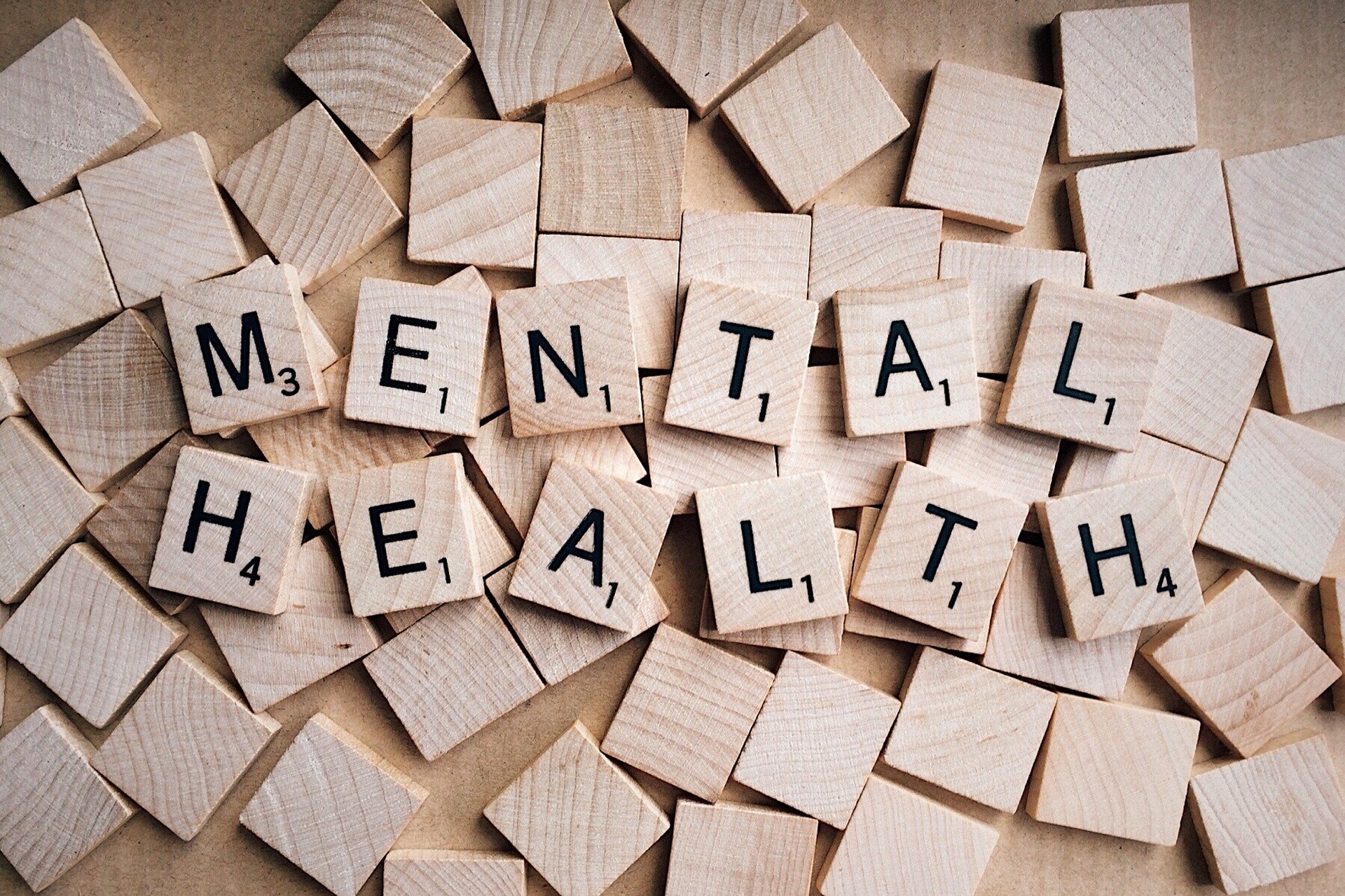 We are extremely fortunate to have a varied team of experts on our Advisory Board. Clinical psychologist Dr Zoe Burgess is part of the team who has vast experience in the role mental health plays in life. In this mental health support series, Zoe summarises some commonly-used mediations for those who may be struggling with their mental health and wellbeing.
We are extremely fortunate to have a varied team of experts on our Advisory Board. Clinical psychologist Dr Zoe Burgess is part of the team who has vast experience in the role mental health plays in life. In this mental health support series, Zoe summarises some commonly-used mediations for those who may be struggling with their mental health and wellbeing.
The field of psychology is ever evolving. This means that our understanding of mental ill health and the associated interventions is always improving. When it comes to addressing our mental health, I hope that you will not be surprised to hear that there is no such thing as a ‘one size fits all’ approach.
There are many different factors to consider when it comes to finding the right fit. This includes (but is not limited to): the specific difficulties that individual is currently facing (or what some would refer to as ‘diagnosis’), the factors that are maintaining current difficulties, that individual’s ability to carry out tasks between sessions (or not) and personal preference.
If you are looking for an in-depth description of all different interventions out there, then I would suggest having a look on the NHS website and also referring to the National Institute of Health & Care Excellence (NICE) guidelines. These will tell you all you need to know about specific mental health difficulties and the evidence-based interventions for these.
There are many different interventions when it comes to mental health. In this series, I will highlight what I understand as the most commonly used in clinical practice. This is based on my experience of working across different NHS settings and within the third sector.

Psychopharmacology (medication management)
This refers to the use of medication in treating mental health conditions. Medication can play a role in improving most mental health conditions. Some people are treated with medication on its own; others are treated with both medication and talking therapy.
Generally speaking, the most effective treatments for mental health difficulties involves a combination of medication and talking therapy. For children and young people under 18, a Child and Adolescent Mental Health Services (CAMHS) Consultant Psychiatrist should be prescribing this. For adults over 18, a GP can do this.
Medication will always require monitoring. In my experience (and perhaps as a slightly biased psychologist), medication is not the recommended first-line treatment – talking therapy is. However, it can be useful in reducing the intensity of someone’s symptoms. This then allows them to benefit more from the talking therapy.
Different people will be suited to different medications. Different people will also be prescribed different doses since it is important to find what we call the ‘therapeutic dose’.
There are many types of talking therapy, but all involve working with trained therapists. This may be one-to-one, in a group, online, over the phone, with family, or with a partner.
The therapist helps people to find answers to the problems they are having. For some problems and conditions, one type of talking therapy may be better than another. Different talking therapies also suit different people.

Group therapy
This will vary depending on the type of difficulties that someone is experiencing and on the therapeutic model that it is based on.
In my experience, group therapy is most often psychoeducational and skills-based. This means that the group is aimed at helping people to understand their symptoms better and learn day-to-day coping strategies for these.
Group therapy is sometimes used alone, but it is also commonly integrated into a comprehensive treatment plan that also includes individual therapy. Again, in my experience groups are mainly closed groups and meet once a week for anything between 60-120 minutes and the number of group sessions is variable.
I hope these brief summaries in medication management and group therapy have been useful to you. If you’d like to investigate these in further detail, visit the NHS website.
The next blog in this series will be exploring another type of talking therapy.

 Back to The Blog
Back to The Blog